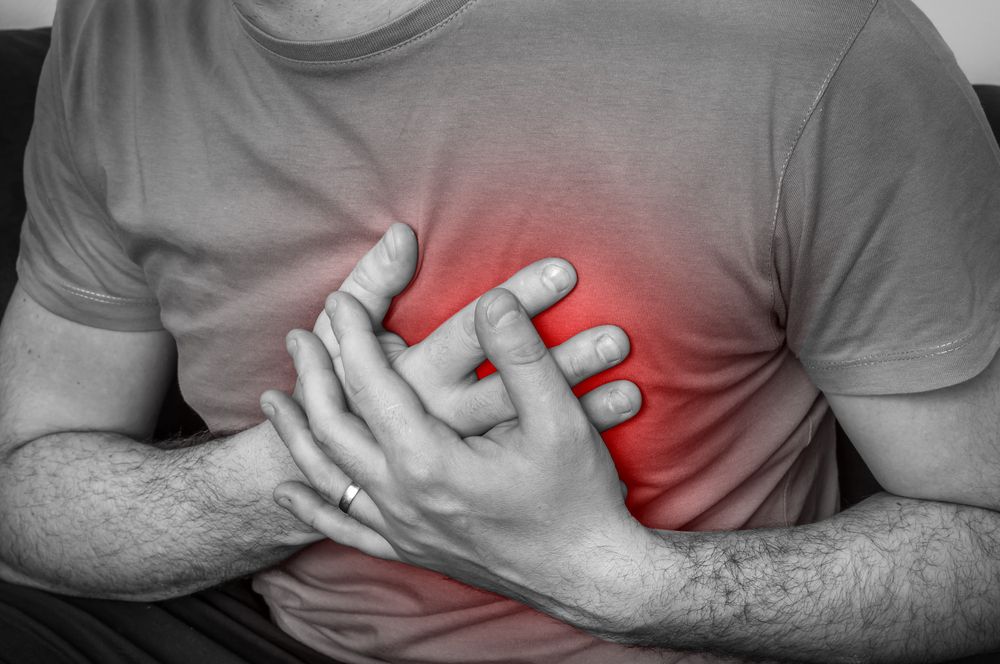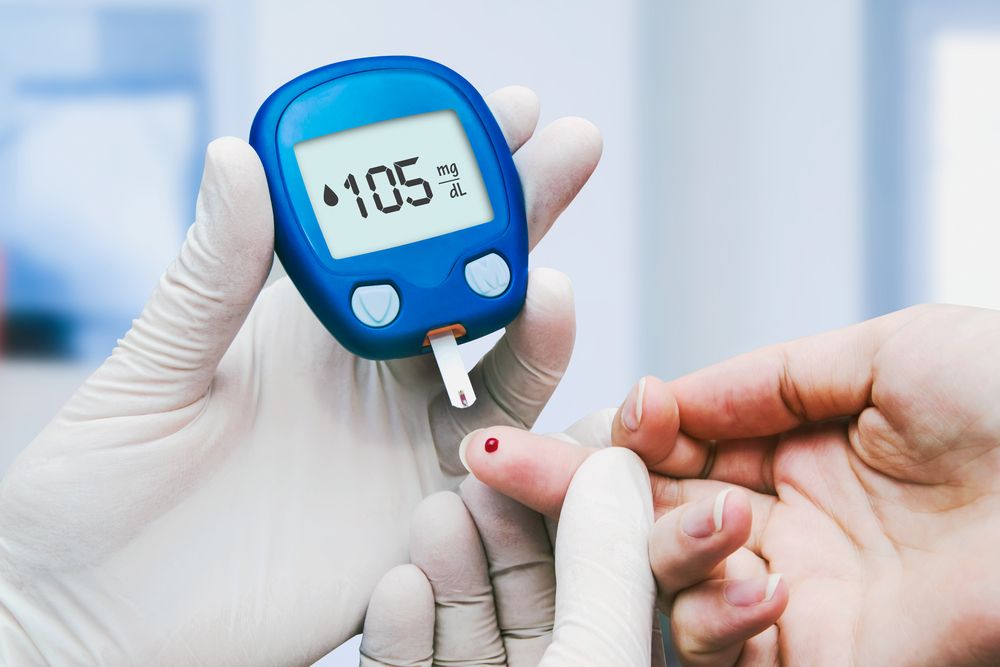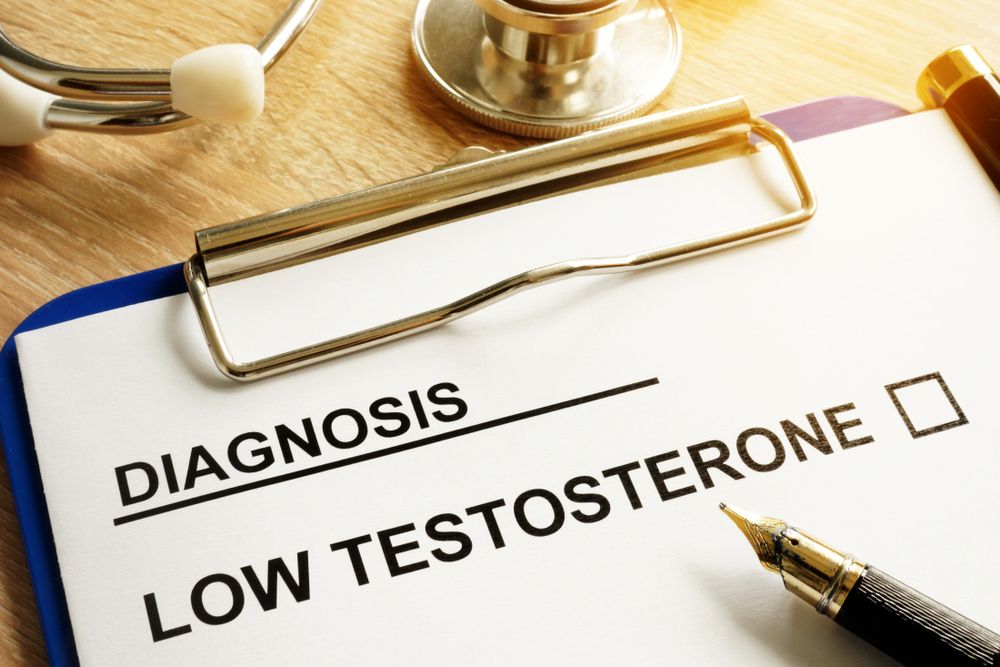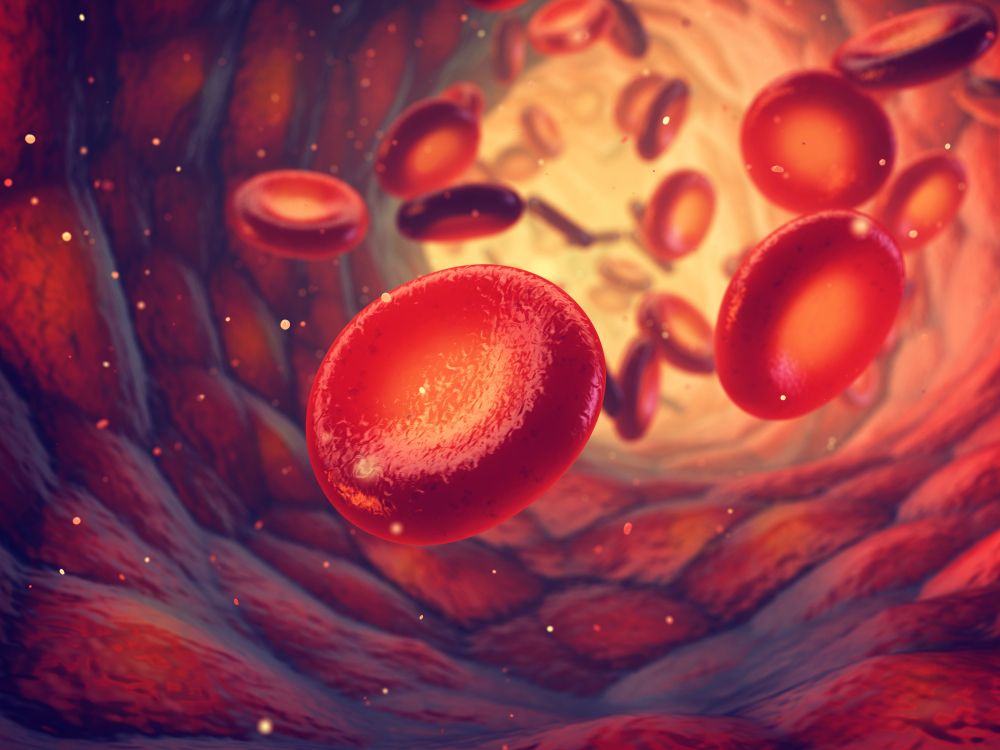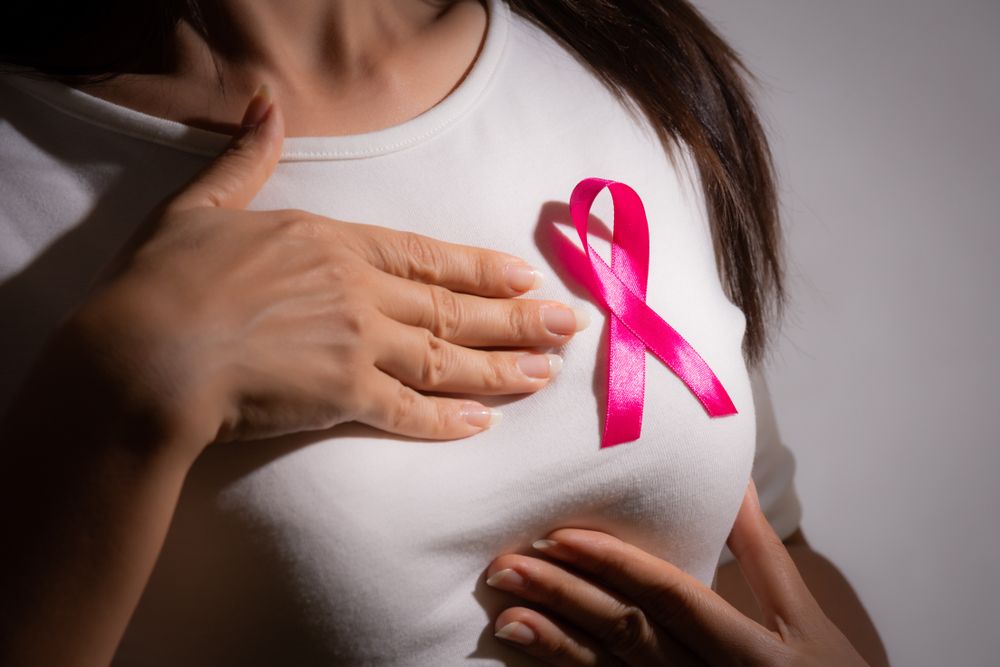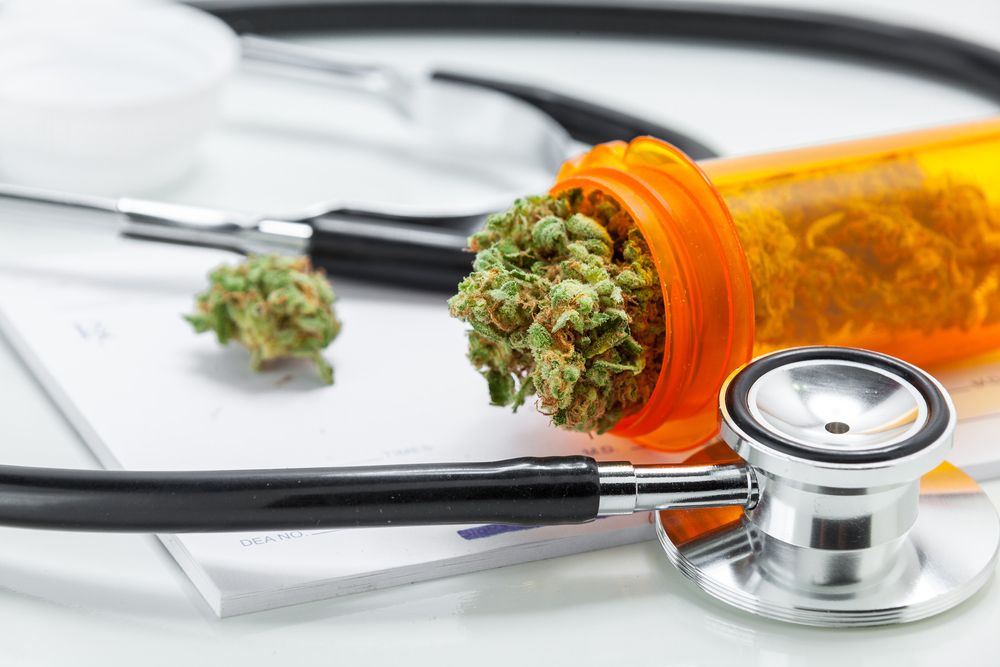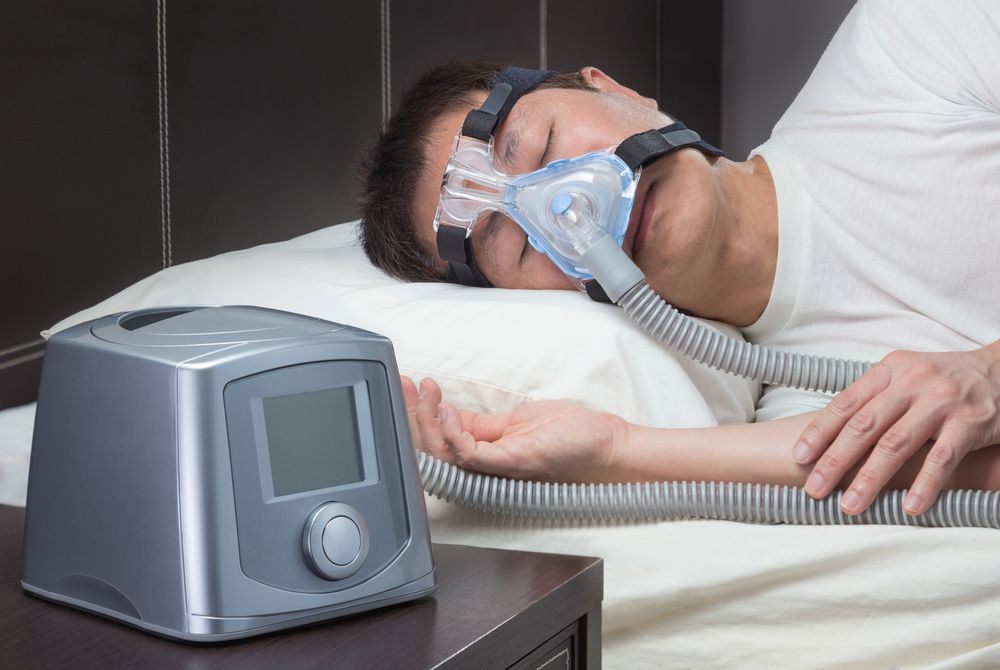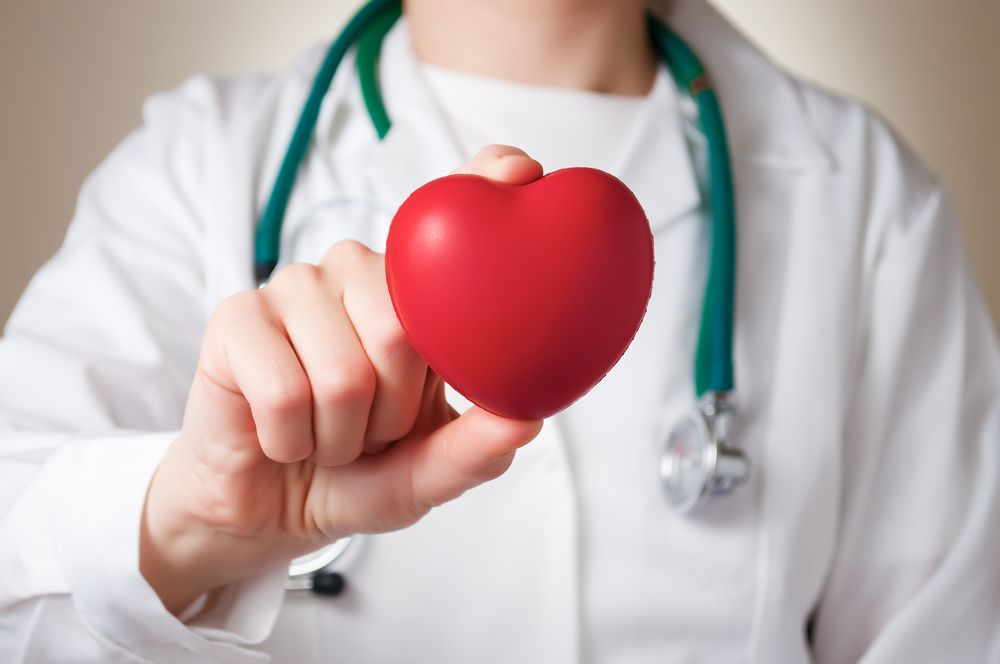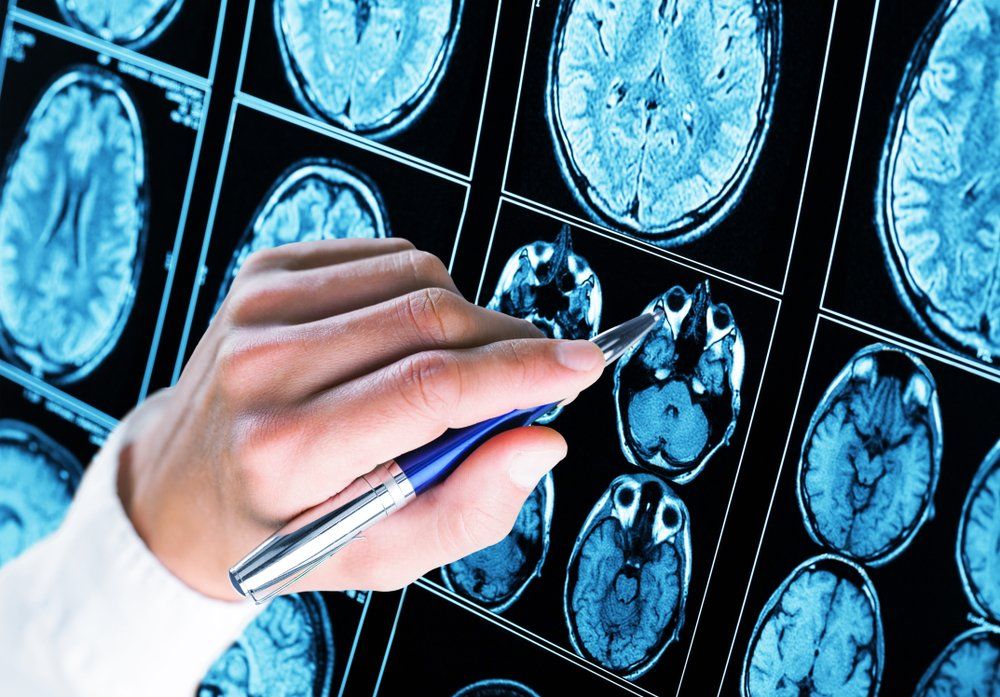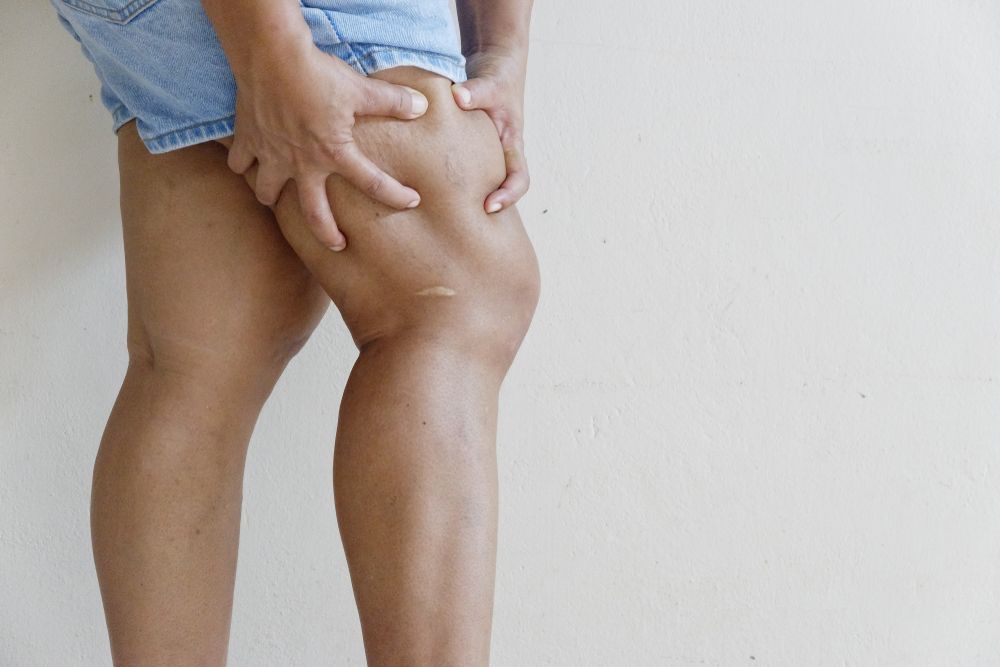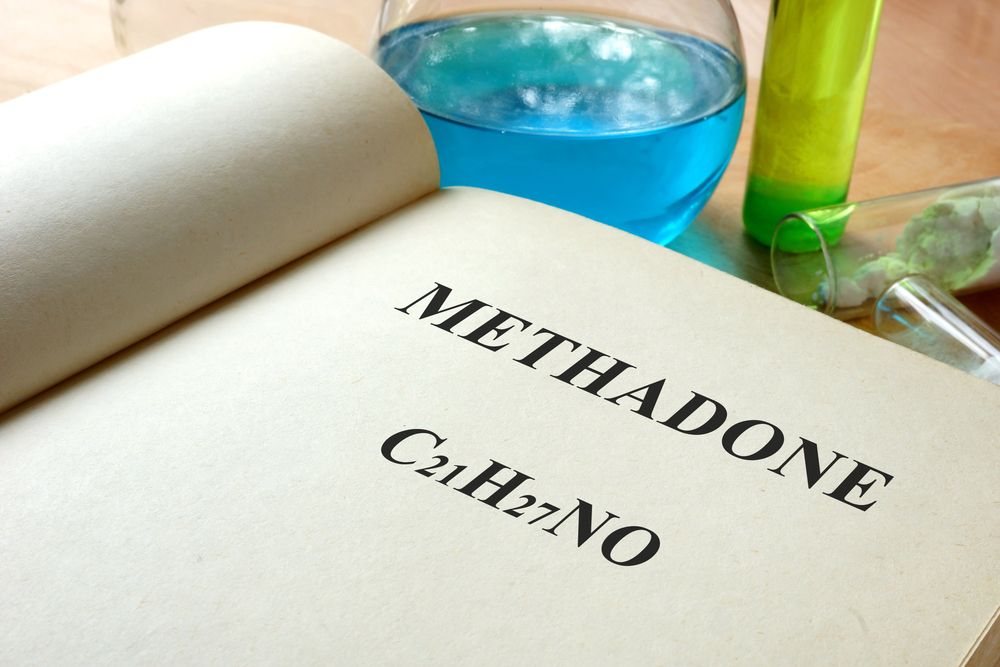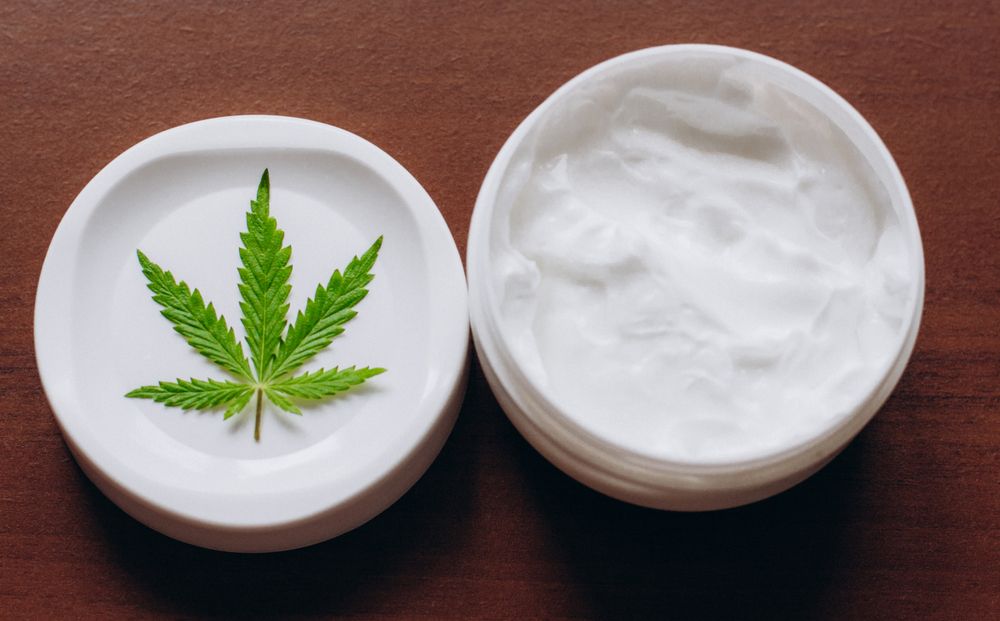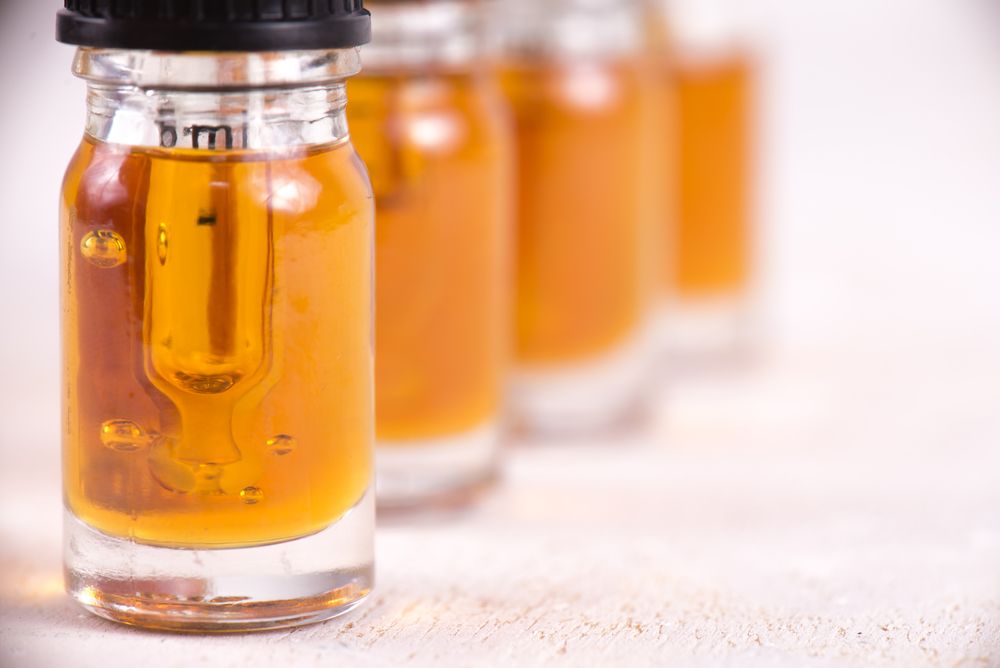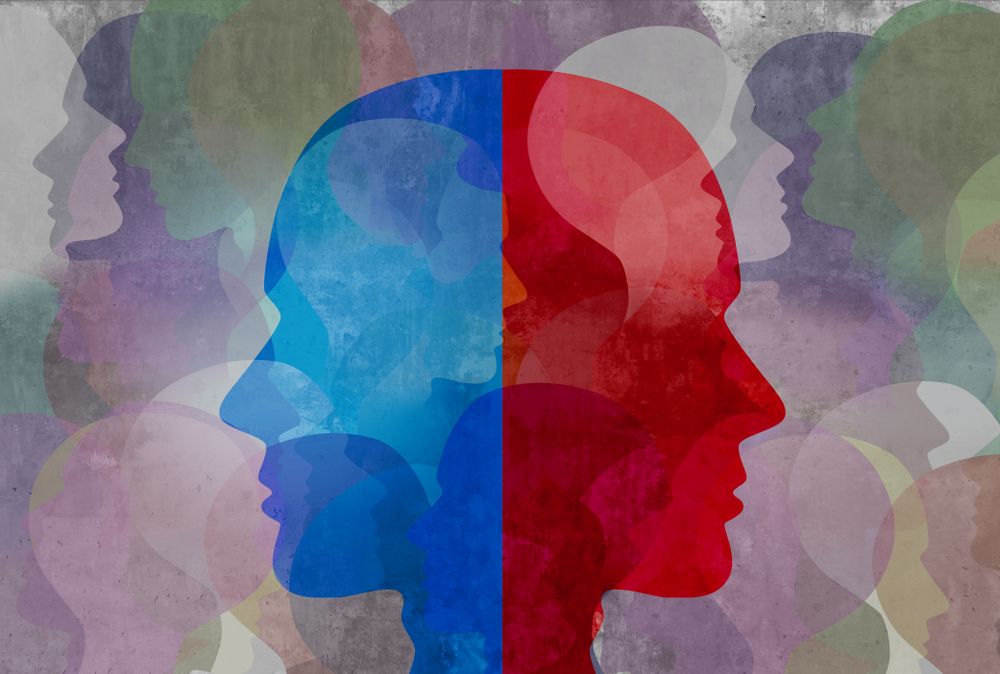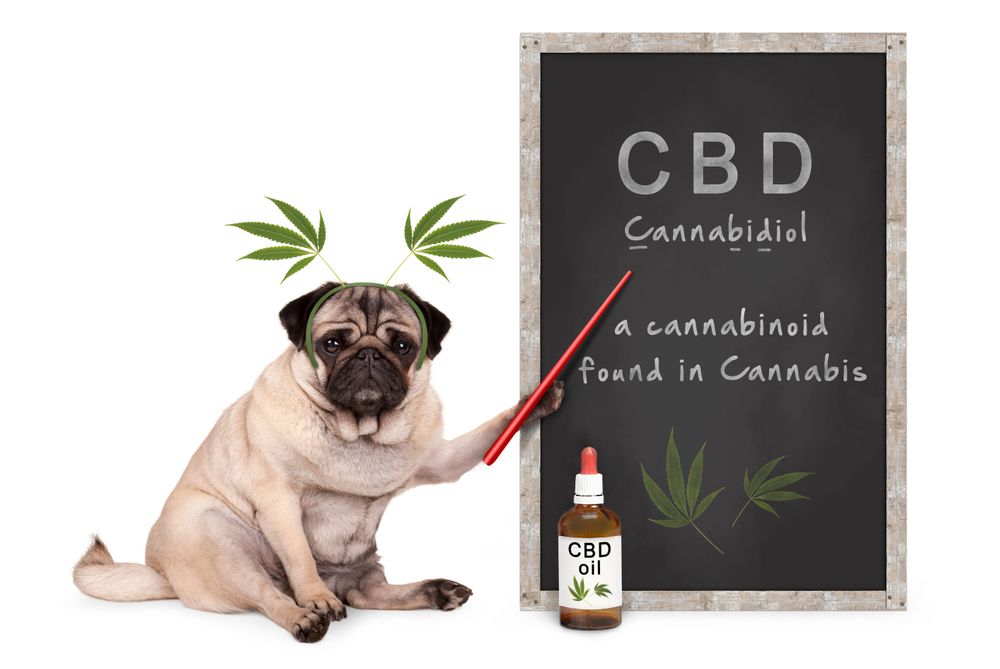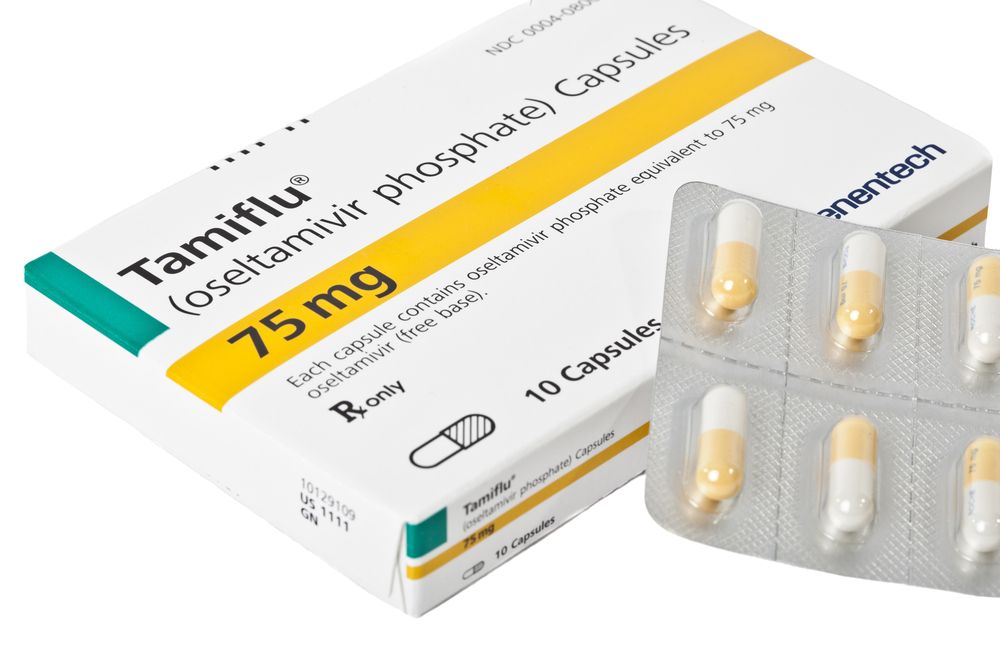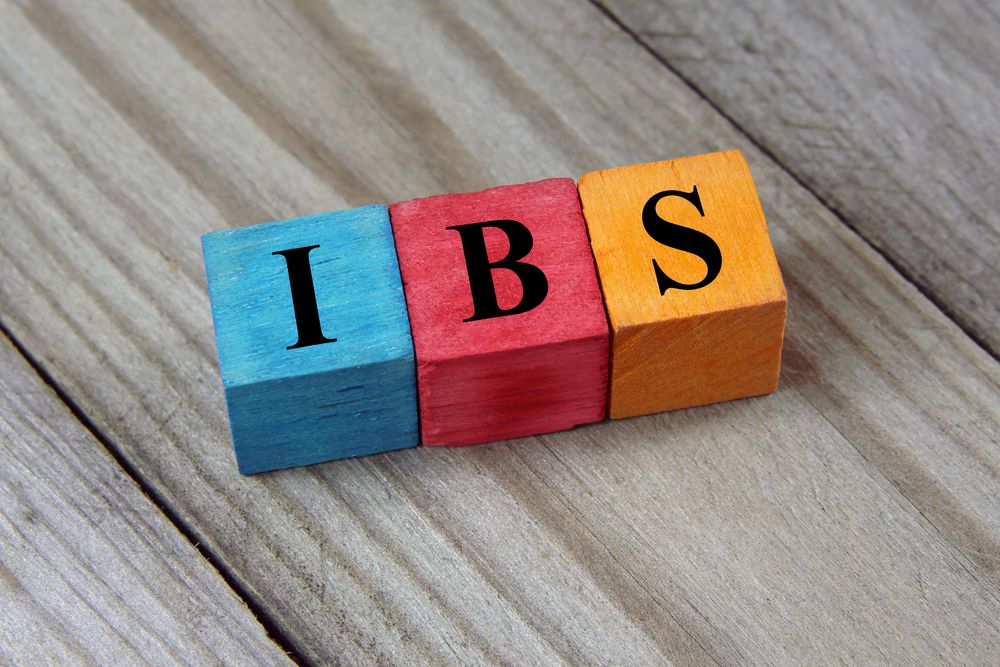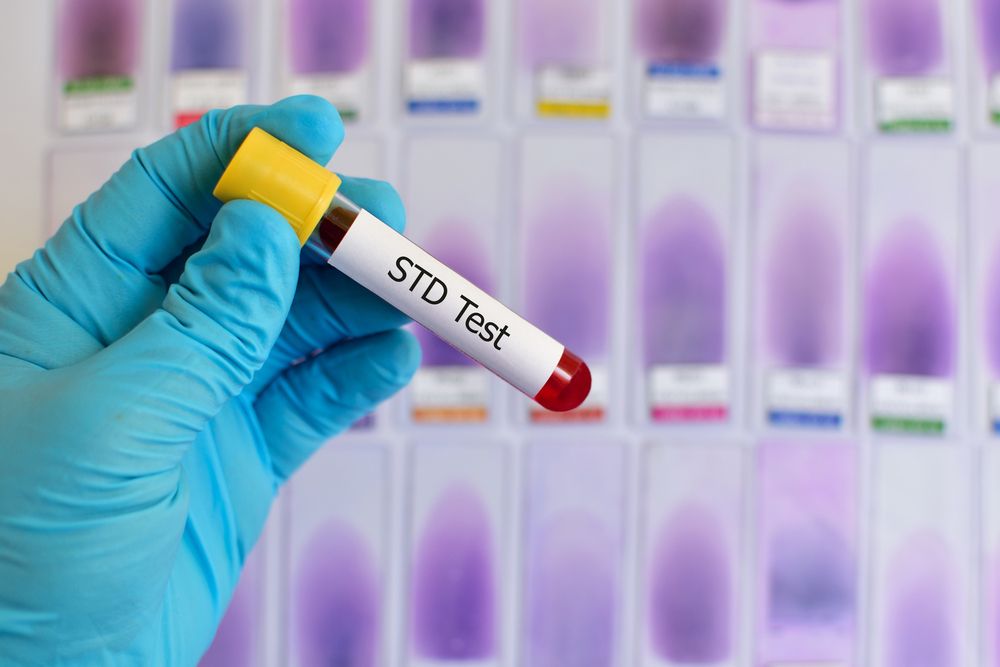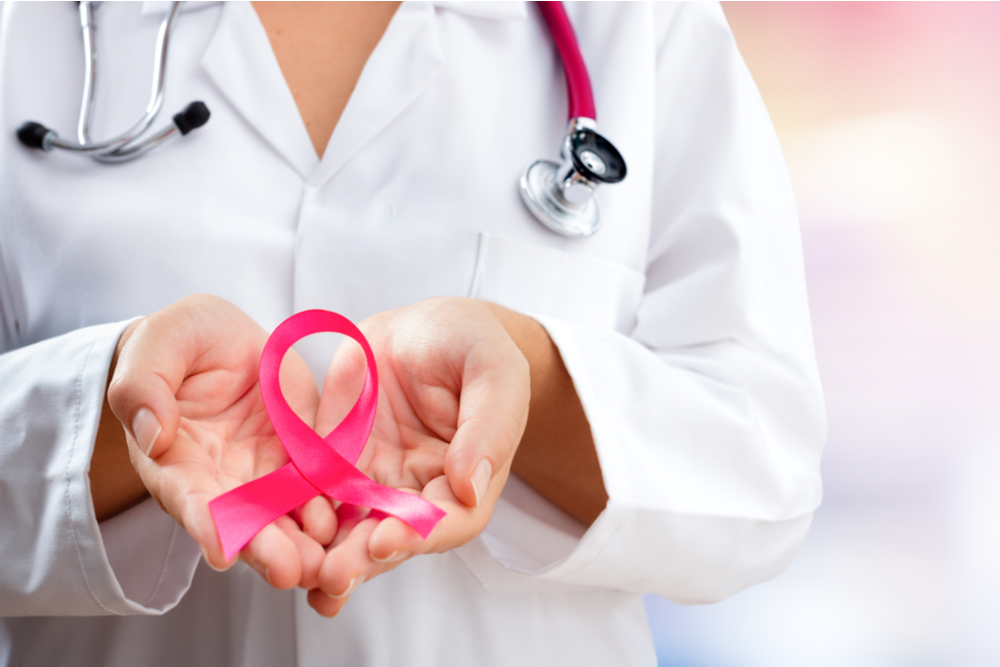Your heart is in charge of ensuring your blood flows correctly, but some health problems can prevent it from working properly. Angina is not just a medical condition; it’s also a symptom of coronary artery disease, a type of heart disease. (Learn More: What Is Angina?)
Addressing angina can prevent additional health problems in the future, especially if it’s caught early. Treatments for angina vary depending on the type you have. (Learn More: Is There Only One Type of Angina?)
Many medications can effectively address angina. (Learn More: Medications for Angina)
Some alternative remedies also show some promise. (Learn More: Are There Alternative Methods for Dealing With Angina?)
What Is Angina?
Angina is an indicator of coronary artery disease (CAD), a type of heart disease.
CAD is common in the United States. It is the number one cause of death for women and men in the country today.
There are three kinds of angina.
- Unstable angina: The most dangerous type, unstable angina consists of chest pain. It can also be a sign of other heart conditions, such as CAD. You can experience symptoms of unstable angina without a pattern, but it is often a sign of a possible heart attack.
- Stable angina: Also called angina pectoris, this is the most prevalent form. Marked by chest pain that follows a pattern, it can be painful despite the fact that it is not as dangerous as unstable angina. You can normally trace your pain to times of emotional stress or even specific actions, such as exercise.
- Variant angina: This is the least common type of angina. You may also feel chest pain while at rest.
What Are the Symptoms of Angina?
Despite the differences between the three types of angina, symptoms for all types include:
- Chest pain, especially during exercise or emotional distress. With unstable angina, pain may occur sporadically, without following a pattern. With variant angina, it may show up even during rest.
- Pain the jaw, arms, neck, shoulder, or back when you feel chest pain.
- Anxiety.
- Shortness of breath.
- Fatigue.
- Dizziness.
- Excessive sweating.
If you suspect angina because of chest pain, your doctor will run a series of tests to better inform you of what is happening with your heart. This can include a stress test, electrocardiogram, chest x-ray, and blood tests.
Risk Factors for Developing Angina

Some things make you more likely to develop angina than other people, such as:
- High blood sugar.
- Smoking cigarettes or other substances.
- Excess weight or obesity.
- High cholesterol.
- High blood pressure.
- Anger issues.
- Chronic stress.
- Plaque buildup in the arteries.
Overall Treatment for Angina
Angina can be a serious condition, but thankfully, there are treatments that can help.
- Lifestyle changes can complement whatever treatment your doctor determines is best for you, or they may be all you need to deal with angina. Eat a healthy diet, exercise as instructed by your doctor, and learn to deal with stress through meditation or anger management courses.
- Changing when you do certain activities can be helpful. It is difficult for your heart to do certain things after meals or in the mornings. Doing strenuous activities at a different time can help.
Medications for Angina
Medications can ease angina symptoms or prevent its progression.
- Nifedipine is an oral tablet known by these brand names: Procardia XL, Adalat CC, and Afeditab CR. An immediate-release form is sold under the brand name Procardia.
These medications can work for angina and high blood pressure, and there are generic versions of them as well. Nifedipine is known to decrease chest pain in people with angina and reduce blood pressure in people with hypertension.
Nifedipine belongs to a class of drugs called calcium channel blockers that ensure more oxygen and blood can get to your heart while also soothing chest pain.
Side effects associated with nifedipine are constipation, headaches, cough, and changes to your libido. These usually go away as you get used to the medication. Contact your doctor if you develop yellowing skin, which can signify liver issues; worsening angina; swelling in the feet and legs (edema); or rash and hives, which could indicate an allergic reaction.
- Metoprolol is part of a family of drugs called beta blockers. It is sold under these brand names: Toprol, Toprol XL and Lopressor. In addition to preventing angina, it can also help patients who have had a heart attack. It is used alone or along with other medications.
The medication does not cure angina, high blood pressure, or other heart issues. Your doctor may ask you to reduce your salt intake during the time when you take metoprolol. - Aspirin can prevent the formation of blood clots, which stops the proper flow of blood and oxygen to the heart.
- Ranolazine can increase the amount of oxygen in your body, so the heart can function better.
Surgical Options
Your doctor may recommend surgery that improves blood flow into the heart.
- Angioplasty and stenting: Also called percutaneous coronary intervention (PCI), this surgery places a small balloon in a narrow artery. A stent, or metal coil, is then used to ensure the artery remains open.
PCI improves blood flow and oxygen flow to the heart. It decreases angina or eliminates it, provided you make healthy lifestyle changes and your medication does not cause side effects that prevent the procedure from working. - Coronary artery bypass surgery: Also known as coronary artery bypass graft (CABG), this surgery takes a vein from another part of the body to ensure blood goes around a blocked artery, thereby improving blood flow. This ensures you can get enough oxygen to your heart.

Heart Disease: What Are Some Good Alternative Angina Remedies?
Alternative therapies can be a great complement to angina treatments. More data is needed to see how effective they are, and they do not replace angina treatment. They can support traditional treatment, however.
- Yoga has been found to decrease stress, which in turn reduces symptoms of angina. Other methods of stress management and relaxation may also be effective in reducing symptoms.
- Hawthorn is an herb that has traditionally been used by people who have heart issues. Limited data shows it can assist people with cardiac health issues.
- L-Carnitine is sold as a dietary supplement. It is naturally created in the body and known to decrease inflammation that disrupts blood flow to the arteries.
- Ayurvedic treatments may support recovery. Ayurveda is a traditional Indian medicine. Treatment for people who have had a heart attack or currently deal with a heart condition often includes yoga, dietary changes, lifestyle changes, and the use of traditional herbs as supervised by a practitioner who is an expert in Ayurvedic medicine.
Limited data shows that people who have used a comprehensive well-administered program were able to reduce how much medicine they needed to manage heart conditions.
Frequently Asked Questions
What is angina?
Angina is a precursor to coronary artery disease (CAD) that consists of chest pains and decreased stamina during times of stress or physical exertion. The heart has to work harder due to reduced blood flow.
Is there only one type of angina?
There are three kinds of angina: stable, which is most common and shows up during physical activity or emotionally difficult times; unstable, which follows no pattern and may signify a heart attack in the near future; and variant angina, which can occur while you rest.
Is there a cure for angina?
No cures currently exist for angina. Medications such as nifedipine-based drugs, beta blockers, aspirin, and Ranolazine have all been shown to manage angina well. Some of these increases the amount of oxygen in your body and prevent blood clots, which make blood flow difficult, from forming. Some can be used along with other medications to prevent or decrease angina symptoms.
Certain procedures, like coronary artery bypass surgery and angioplasty and stenting, can also relieve pressure on your arteries, ensure better blood flow, and make sure you get enough oxygen to your heart. Surgical options need to be complemented by lifestyle changes, such as dietary changes, exercise, and stress management, as indicated by your doctor.
Are there alternative methods that can help people with angina?
Studies show that yoga, Ayurvedic medicine, and supplementation with hawthorn and L-Carnitine have all shown promise in relieving and managing symptoms of angina. Though you may still have to take medication or have surgery, these practices have been proven to help you relax, improve oxygen flow, and decrease symptoms of angina exacerbated by stress.
References
Natural Approach to Angina Treatment. (May 2019). Verywell Health.
Treatment: Angina. (March 2018). NHS.
Angina: Symptoms, Diagnosis, and Treatment. (July 2018). Harvard Medical School.
Angina. (January 2018). Mayo Clinic.
Stable Angina. (May 2017). Healthline.
Angina. (January 2017). MedlinePlus.
Metoprolol. (September 2017). MedlinePlus.
Nifedipine, Oral Tablet. (February 2017). Healthline.
Coronary Artery Disease. (November 2016). Medline Plus.
A Prospective Trial of Ayurveda for Coronary Heart Disease: A Pilot Study. (September 2015). Alternative Therapies in Health and Medicine.

